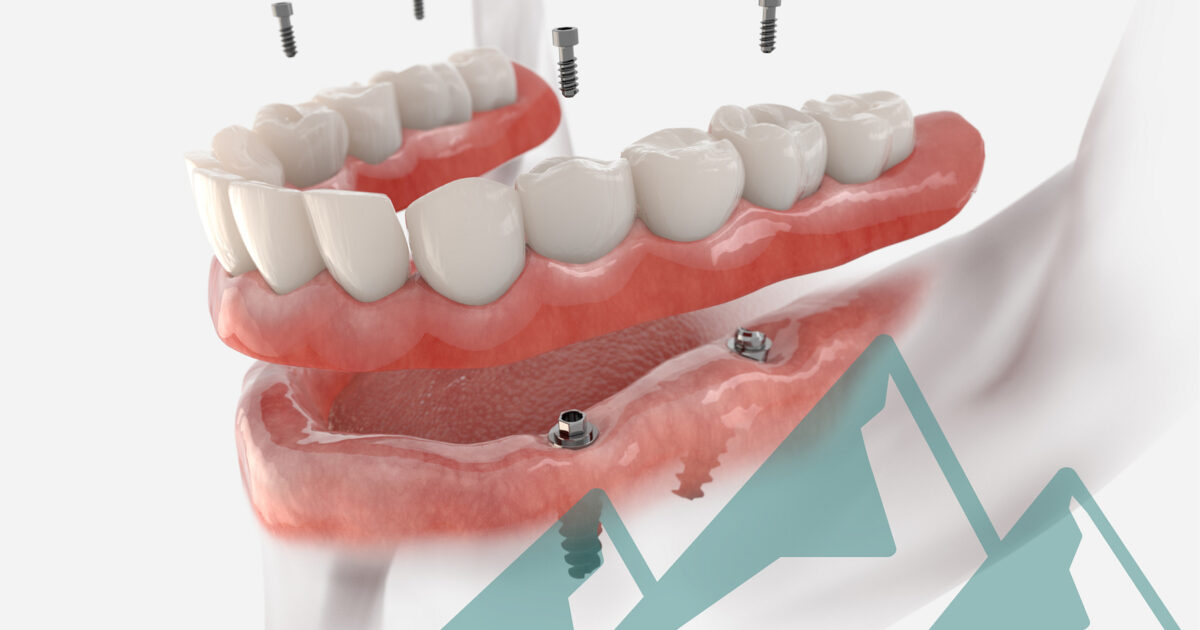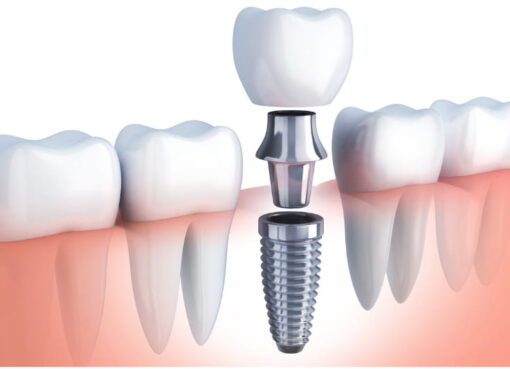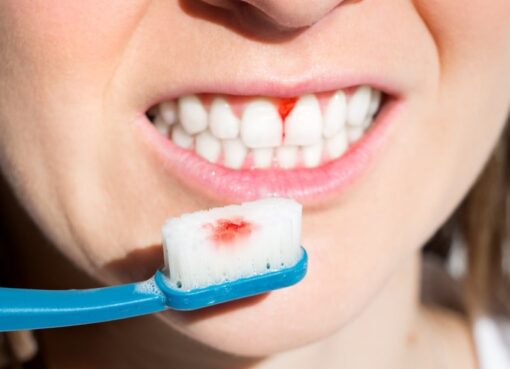If you’re missing teeth and looking for a replacement, the decision between implant supported dentures in King of Prussia, PA, and traditional dentures might seem overwhelming at first. Both options have their advantages and drawbacks, and the right choice depends on your individual needs and lifestyle.
To help you make an informed decision, let’s compare these two tooth replacement solutions based on key factors like stability, comfort, maintenance, cost, and long-term benefits.
Stability and Functionality
One of the most significant differences between implant-supported dentures and traditional dentures is stability. Traditional dentures rest on the gums and use natural suction or adhesive to stay in place. However, they may slip or shift, especially when eating or speaking, which can be frustrating and embarrassing for some wearers.
Implant-supported dentures, on the other hand, are anchored securely to dental implants that are surgically placed in your jawbone. This means they feel and function much like natural teeth. They won’t move around, allowing you to eat, speak, and smile with confidence. For individuals who want maximum stability, implant-supported dentures are often the preferred choice.
Comfort
While traditional dentures are custom-made to fit your gums, they can sometimes cause discomfort, especially if they don’t fit perfectly or if your gums change shape over time. This may lead to sore spots or create a need for regular adjustments.
Implant-supported dentures, by contrast, eliminate most of these issues. Because they’re supported by implants rather than resting directly on your gums, they reduce pressure and irritation. They also provide a more natural feel, making them a more comfortable option for many individuals.
Maintenance and Care
One of the biggest advantages of traditional dentures is their straightforward maintenance. They are removable, so you can easily clean them with special denture solutions outside the mouth. However, this nightly removal and soaking routine can be inconvenient for some.
Implant-supported dentures require less day-to-day maintenance. Since they are fixed in place, you clean them similarly to natural teeth—with regular brushing and flossing. They eliminate the need for adhesive or soaking solutions, making them a more convenient option for those with busy lifestyles.

Cost Considerations
Cost is an important factor for many people when choosing between traditional dentures and implant-supported dentures. Traditional dentures generally cost less upfront, making them more accessible for individuals who are budget-conscious. However, they may require replacement or relining every 5–7 years to maintain their fit and functionality, which can add to the long-term cost.
Implant-supported dentures involve a higher initial investment because they require surgery to place the implants. That said, their durability and low maintenance needs often make them more cost-effective over time. Since implants are designed to last for decades—or even a lifetime when properly cared for—they are a one-time solution that eliminates the need for frequent replacements.
Long-Term Benefits
When it comes to long-term benefits, implant-supported dentures tend to stand out. One key advantage is their ability to prevent jawbone loss. Traditional dentures do not stimulate the jawbone, which can lead to bone deterioration over time. This deterioration may affect the shape of your face, causing a sunken look that can prematurely age your appearance.
Implant-supported dentures, however, provide the necessary stimulation to the jawbone (similar to natural tooth roots), helping to preserve bone mass and maintain facial structure. This makes them a healthier long-term solution for your oral health.
Conclusion
Before making a decision, it’s crucial to consult with your dentist or prosthodontist. They’ll assess your oral health, discuss your preferences, and help you decide which solution is best for your unique needs. Replacing missing teeth is a big step toward better oral health and quality of life. Weigh the pros and cons, align your choice with your personal priorities, and you’re sure to find the best fit for restoring your smile.





